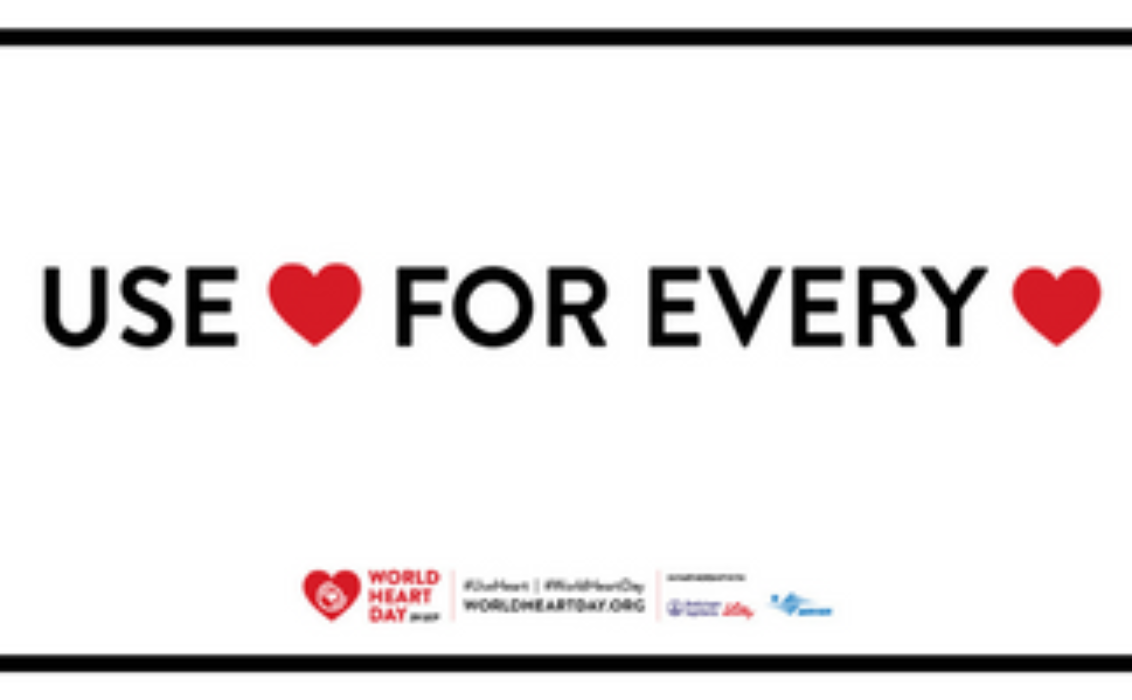On World Heart Day, IDF Europe joined the campaign of the World Heart Federation (WHF) inviting everyone to stop and consider how best to use heart for humanity, for nature and for you. “Beating cardiovascular disease (CVD) is something that matters to every beating heart” (WHF).
Cardiovascular disease is the name given to a group of disorders of the heart and blood vessels that include hypertension, coronary heart disease, cerebrovascular disease and peripheral arterial disease. They are the number one cause of death globally. Diabetes is a key risk factor for CVD, with people living with diabetes (PwD) being two to three times more likely to develop CVD than people who do not. High levels of blood glucose can make a person’s blood coagulation system more active which increases the risk of blood clots. Diabetes is also associated with high blood pressure and high cholesterol, which lead to an increased risk of cardiovascular complications such as angina, coronary artery diseases, myocardial infarction, stroke, peripheral artery disease, and congestive heart failure.
Risk factors that can increase the chances of developing CVD are multiple and include associated conditions, metabolic risk factors, behavioural risk factors, modifiable and non-modifiable risk factors. Prevention strategies and access to diabetes care, education, medicines and technology can play a crucial role in lowering the risk for PwD of developing CVD and other diabetes-related complications.
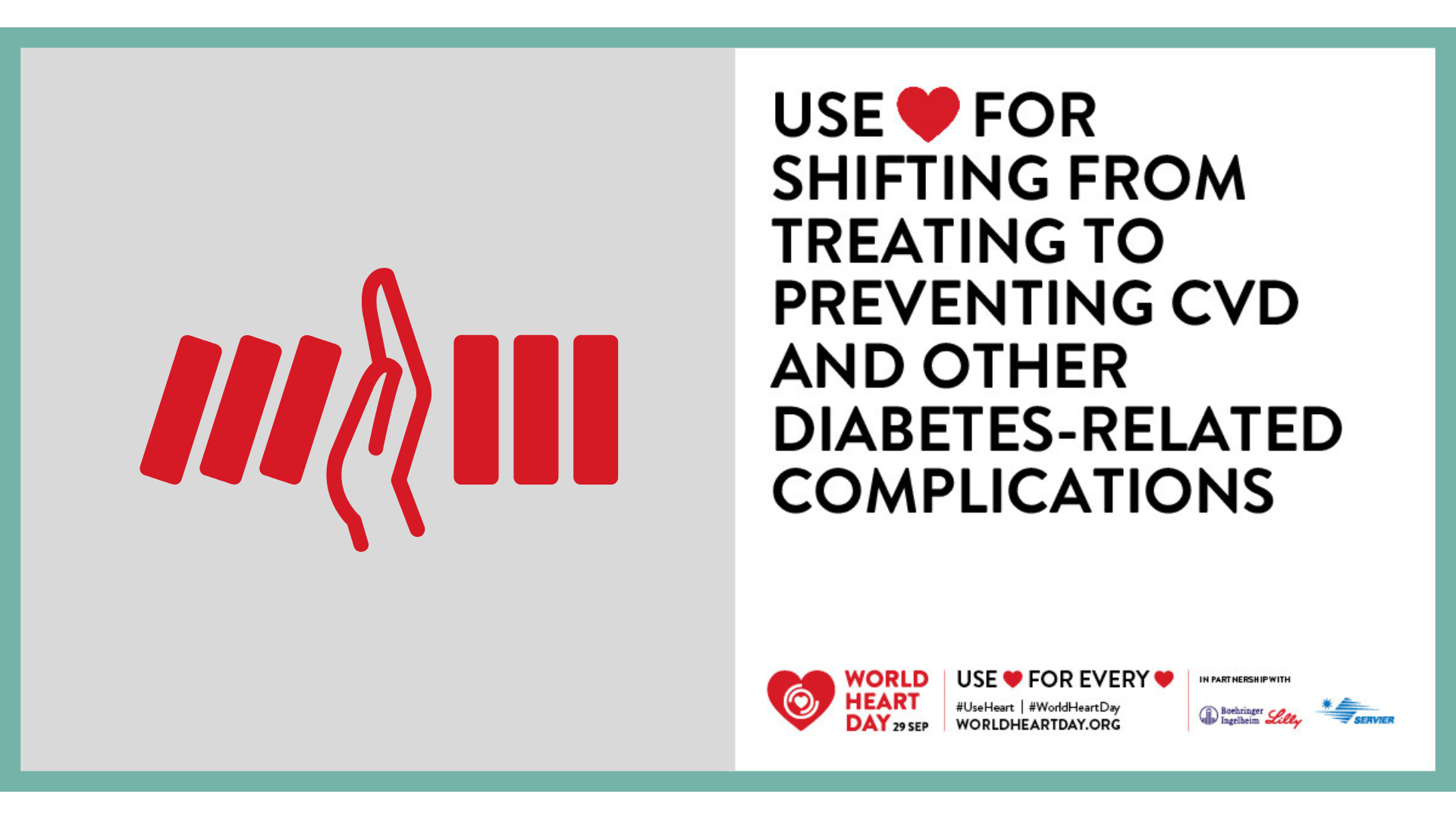 |
In 2021, 75% of the total cost of diabetes across the Europe region resulted from often-preventable complications. Shifting from focusing on prevention rather than treatment for CVD and other diabetes-related complications would result not only in a better use of health resources and lower healthcare costs, but also in improved health outcomes and quality of life for PwD.
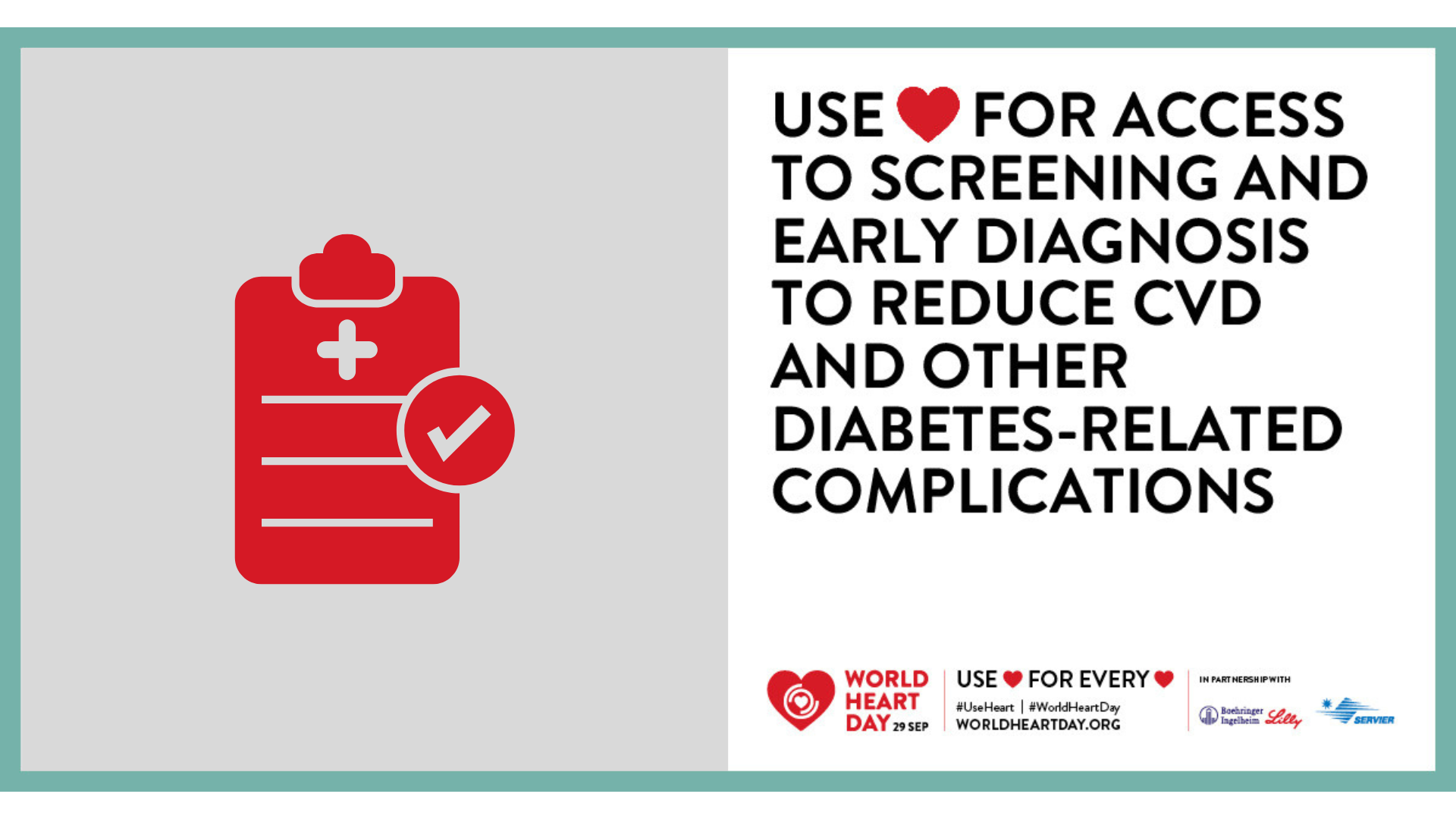 |
Targeted screening and early diagnosis are also key to reducing CVD and other diabetes-related complications. This involves the development of national diabetes strategies which includes a focus on the implementation of guidelines regarding essential screening and complications care.
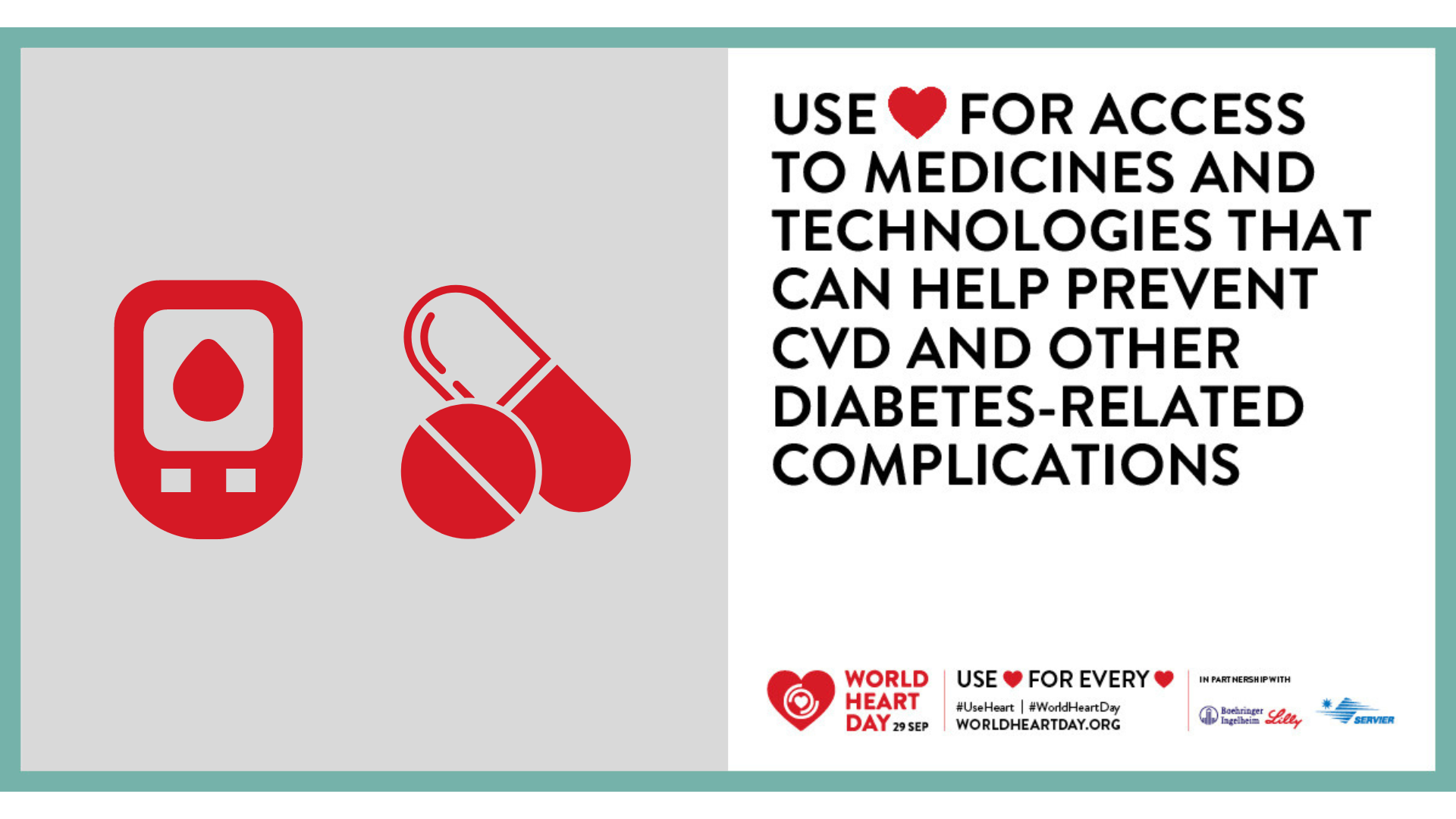 |
Diabetes requires robust and round-the-clock self-management to lower the risk of developing CVD and other diabetes-related complications. To achieve optimal diabetes management, PwD need uninterrupted access to medicines and technologies.
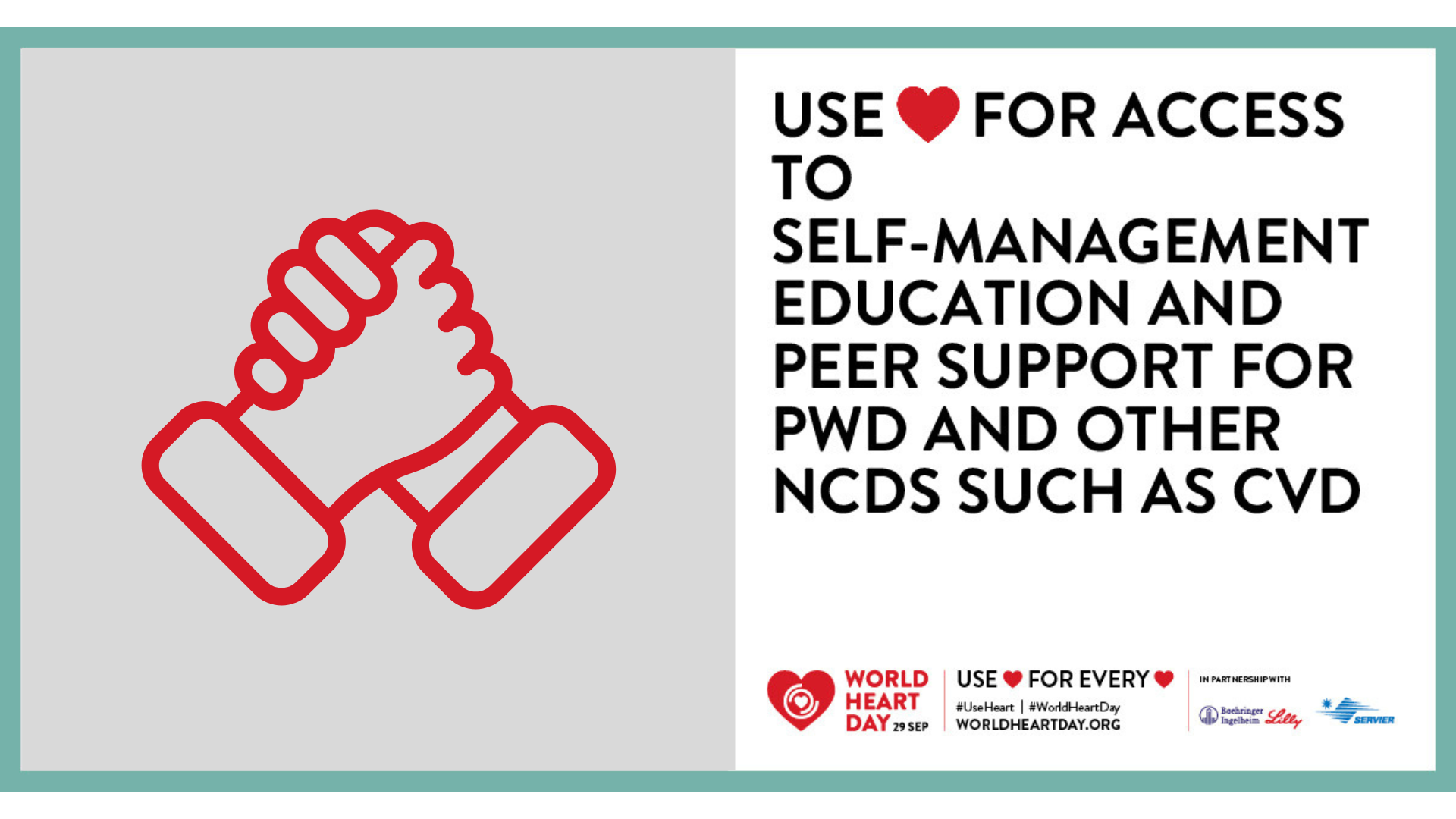 |
Diabetes management relies on PwD being able to manage their care by themselves 24/7, with only sporadic input from their medical team. Access to structured diabetes education and peer support programmes are essential to help PwD access information, understand their condition and the key principles of diabetes management, take informed decisions and grasp how the healthcare system works in their country and, in particular, how to receive emotional and social support.
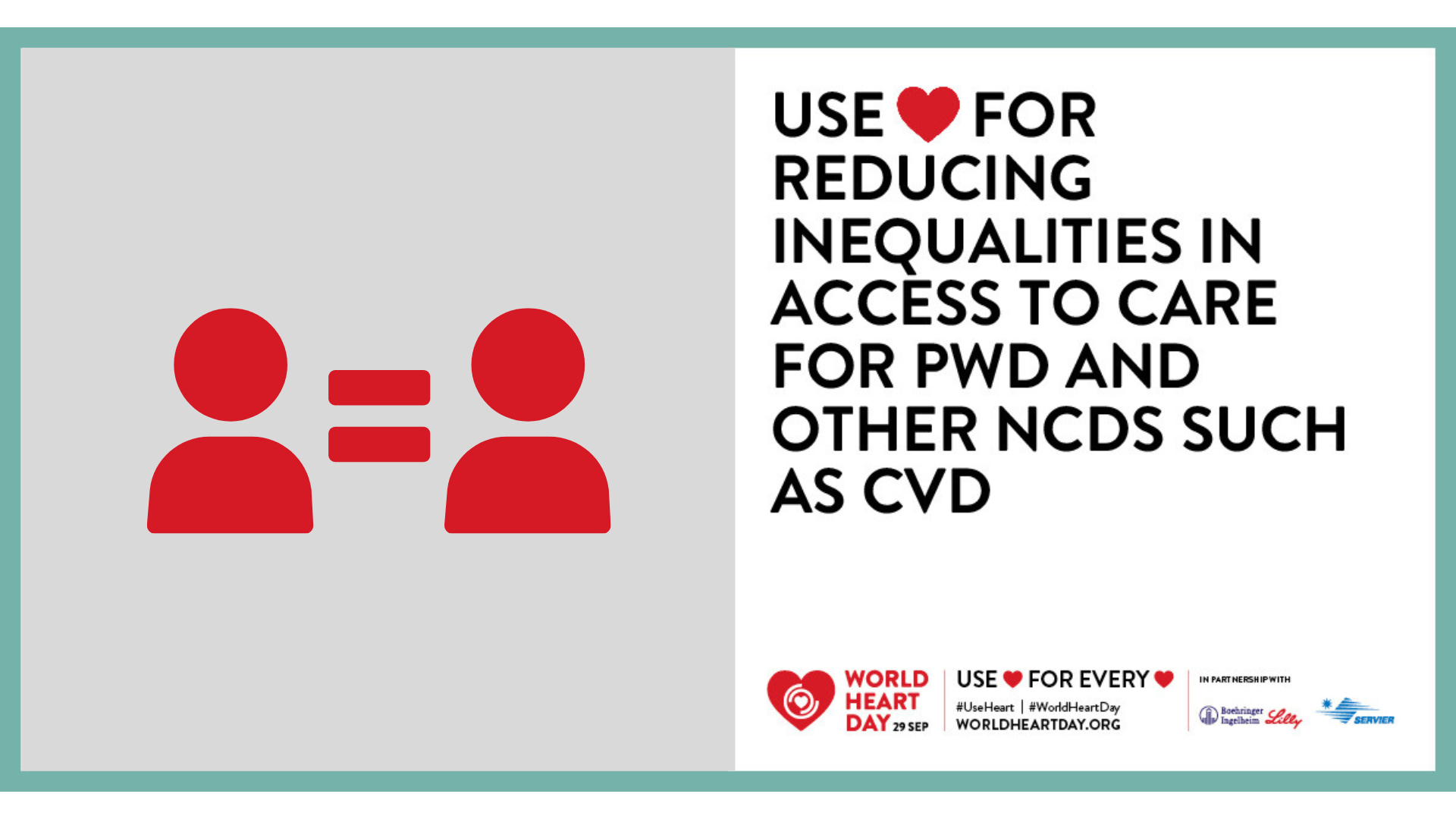 |
Inequalities in access to diabetes care, medicines, technologies and education across Europe lead to significant inequalities in health outcomes for European citizens, and increase the risk of developing CVD and other diabetes-related complications among the most vulnerable populations. Differences in access to care are discriminatory. To address disparities in health outcomes, effective policies are needed to promote health-enabling environments and tackle the social and economic determinants of health.
Sources:
